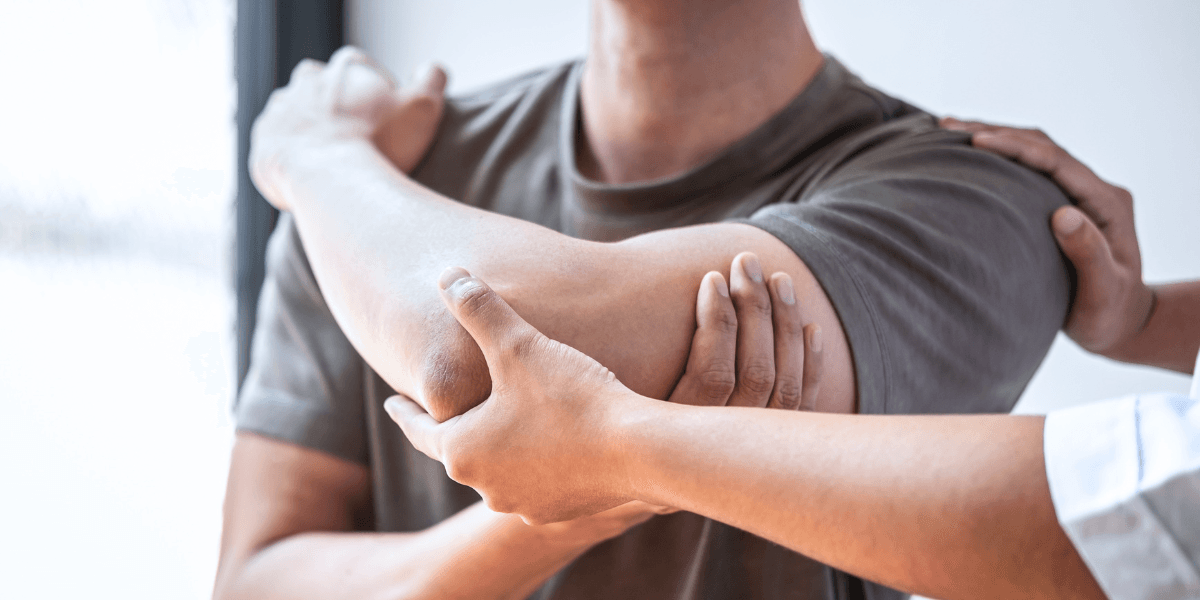Exploring common musculoskeletal conditions

Our bodies are intricate systems of bones, muscles, ligaments, tendons, and joints that work together to support movement, stability, and overall function. However, like any complex machinery, they are prone to wear and tear, injury, and various conditions that can affect their performance. Here we explore some of the common conditions that can impact our bodies and ways to manage them effectively.
Osteoarthritis
Osteoarthritis is one of the most common forms of arthritis, characterised by the gradual deterioration of joint cartilage and underlying bone. This degenerative condition commonly affects weight-bearing joints such as the knees, hips, and spine, leading to pain, stiffness, and reduced mobility. Age, genetics, joint injury, and obesity are significant risk factors. Management strategies often involve a combination of medication, physical therapy, lifestyle modifications, and, in severe cases, joint replacement surgery.
Rheumatoid arthritis
Unlike osteoarthritis, which primarily affects cartilage, rheumatoid arthritis is an autoimmune disorder that targets the lining of the joints, causing inflammation and eventual joint damage. Its exact cause remains unknown, but genetics and environmental factors play a role. Symptoms include joint pain, swelling, stiffness, fatigue, and systemic manifestations like fever and weight loss. Treatment plans focus on alleviating symptoms, slowing the progress of the disease, and preserving joint function through a combination of medication, physical therapy, and lifestyle changes. More severe cases may require joint replacement surgery.
Back pain
Back pain is a common musculoskeletal complaint that affects people of all ages, often stemming from poor posture, muscle strain, spinal abnormalities, or underlying medical conditions. It can range from mild discomfort to debilitating pain, often interfering with daily activities and quality of life. Treatment typically involves pain management, physical therapy, exercise, ergonomic modifications, and in severe cases, pain relieving injections and sometimes surgery.
Rotator cuff injuries
The rotator cuff comprises a group of muscles and tendons surrounding the shoulder joint, essential for stabilising and facilitating arm movements. Injuries to the rotator cuff commonly occur due to repetitive overhead activities, trauma, or degenerative changes, leading to pain, weakness, and restricted shoulder motion. Treatment typically involves a combination of rest, physical therapy, corticosteroid injections, and in severe cases, surgical repair to restore function and prevent further damage.
Osteoporosis
Osteoporosis is a condition characterised by weakened bones, making them more susceptible to fractures, especially in the spine, hips, and wrists. It primarily affects older adults, particularly postmenopausal women, due to hormonal changes that accelerate bone loss. Other risk factors include genetics, inadequate calcium and vitamin D intake, and unhealthy lifestyle choices including, not enough exercise, smoking, and excessive alcohol consumption. Treatment focuses on slowing bone loss, preventing fractures, and promoting bone health through medication, supplementing vitamins, weight-bearing exercises, and fall prevention strategies.
Musculoskeletal conditions cover a broad range of disorders that can affect various components of the musculoskeletal system, leading to pain, disability, and impaired function. Understanding the causes, symptoms, and available treatments for these conditions is essential for effective management and improving quality of life. While some musculoskeletal disorders are unavoidable due to factors like genetics and ageing. Engaging in regular exercise, and seeking timely medical intervention can lessen their impact and promote musculoskeletal health for years to come.
Healix, alongside our clinical team, has spent time researching and understanding musculoskeletal health to provide valuable insights into these conditions. We believe that awareness and knowledge are crucial in managing and preventing musculoskeletal issues, ensuring better quality of life. For those interested in learning more about maintaining musculoskeletal health in the workplace and beyond, stay tuned for expert advice and practical tips to keep your body moving efficiently and healthily.


